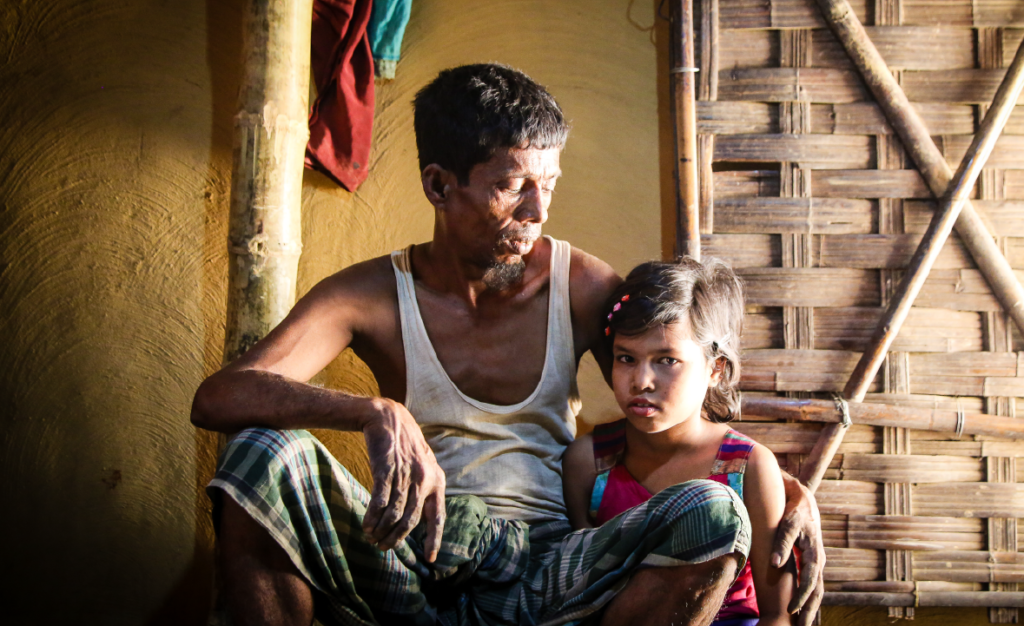As soon as she begins to recount her escape from Myanmar, Nasima’s smile disappears.
8 year old Nasima* plays leapfrog with her friends in the camp, laughing and smiling when it’s her turn to jump. In a place overshadowed by hopelessness, her vibrant personality stands out.
Nasima escaped from the violence surrounding her home in Myannmar with eight members of her family. Desperate to get to safety, they made it to the banks of the Naf river and hurried on to a crowded fishing boat. They stopped only to call her Uncle Kashem to let him know they were on their way.
Later, her uncle shared, “They told me there were seventy-six people in a small boat. Later that day I got a phone call to say that their boat was stuck and they needed help. Big waves were coming and they were getting separated.
“I heard them yelling on the phone. Then I lost contact. I went as fast as I could down to the beach to see if I could see anything but I couldn’t see them. The coastguard were on their way to get to them. Of the seventy-six on board, sixty died. I lost seven members of my family that day and only one survived – my niece, Nasima. She held onto her grandmother’s dead body to keep afloat when the waves crashed over them. She was eight years old and she lost everyone she came with.”

Nasima’s suffering has already been almost unbearable, and sadly there is another potential disaster coming her way. The annual monsoon season in Bangladesh typically brings torrential rain, flash flooding and devastating cyclones – right to the area where over 700,000 Rohingya refugees have set up a makeshift city of tarps and sticks, with no services, no clean water and no toilets. Nasima’s temporary shelter, perched on an unstable hillside will not withstand the onslaught of rain and flooding. The overburdened toilet facilities in the camps are at very real risk of overflowing and increasing the risk of disease and death for everyone living in the camps.
Thanks to our compassionate supporters, Tearfund has already helped provide rice, beans, cooking oil, salt, and sugar, to 64,000 Rohingya families since August 2019.







